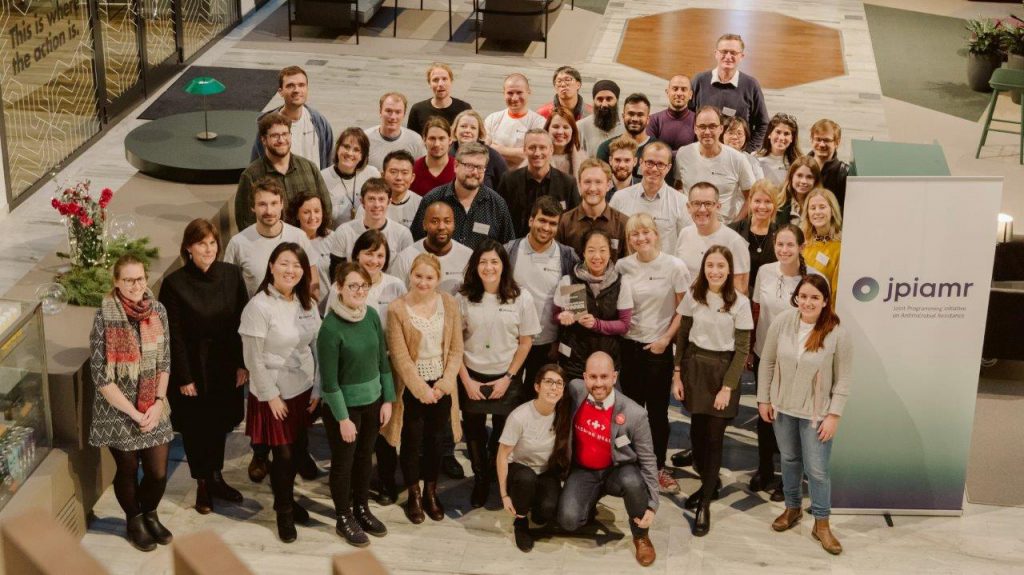While scientists are working to understand and control the Covid-19 pandemic, it is also crucial to prepare for the effect of the current, and future, viral pandemics on secondary bacterial infections and the resulting impact on antimicrobial resistance (AMR).
The Covid-19 pandemic reinforces the importance of preventative measures such as vaccination and antimicrobial treatments in maintaining human health. Similarly, controlling infectious agents is necessary to sustain the global economy and societal functionality. Bacterial co-infections are a significant cause of morbidity and mortality during viral infections and are already being reported as having a significant impact in the context of Covid-19.
The Covid-19 pandemic highlights the need to understand the complex connections between bacterial and viral infections. It is important to consider that patients in countries that have used high levels of antibiotics may also now face further complications during co-infection by antibiotic resistant bacteria. In the current situation appropriate and systematic testing of Covid-19 patients presenting with a bacterial co-infection should be conducted in order to choose the correct antibiotic to increase the survival of patients and limit the spread of AMR. The use of rapid diagnostics promoting the use of effective narrow-spectrum antibiotics should be used where possible.
AMR will likely increase through the heavy use of antibiotics in Covid-19 patient treatment. New and improved functional therapeutics, including antibiotics and antibiotic combinations, alternative treatments to antibiotic use, and the predictive prevention of bacterial respiratory infections using vaccines should be investigated in the context of Covid-19. International guidelines on the use of the correct antibiotics, or combination of antibiotics, in the correct situation, should also be made available.
In addition to the direct impact on AMR as a result of increased antibiotic use, the transmission of AMR beyond the medical system should be considered and assessed. One simple example is release of increased levels of antimicrobials in waste water from hospital systems that will affect levels of antimicrobials in the environment, which will impact the level of resistance in both animals (both wildlife and feed animals) and in farming and natural systems.
The Covid-19 pandemic has had an immense impact on public understanding of infection prevention and control. Throughout the world people are practicing improved hand-washing techniques and social distancing, and other intervention measures to prevent infection. Improved interventions in the healthcare systems have been implemented worldwide. The implications of these interventions will likely impact the levels of other infectious agents and AMR and should have positive impacts on global health. Momentum on the improved public knowledge regarding infection prevention and control should be maintained through education and advertising. The Covid-19 pandemic has highlighted the importance of vaccination, the need for functional antimicrobials, as well as the necessity for supporting research into the understanding and control of infectious agents.
In order to be better prepared for emerging public health challenges, it is imperative that we remember the fundamental importance of antibiotics for modern medicine including protecting patients during a pandemic. The members of JPIAMR are fully committed to continue the support excellent research and the development of innovative diagnostics and effective treatments of infectious diseases to counter future outbreaks and the growing threat posed by antibiotic-resistant bacteria.
Considerations by JPIAMR








